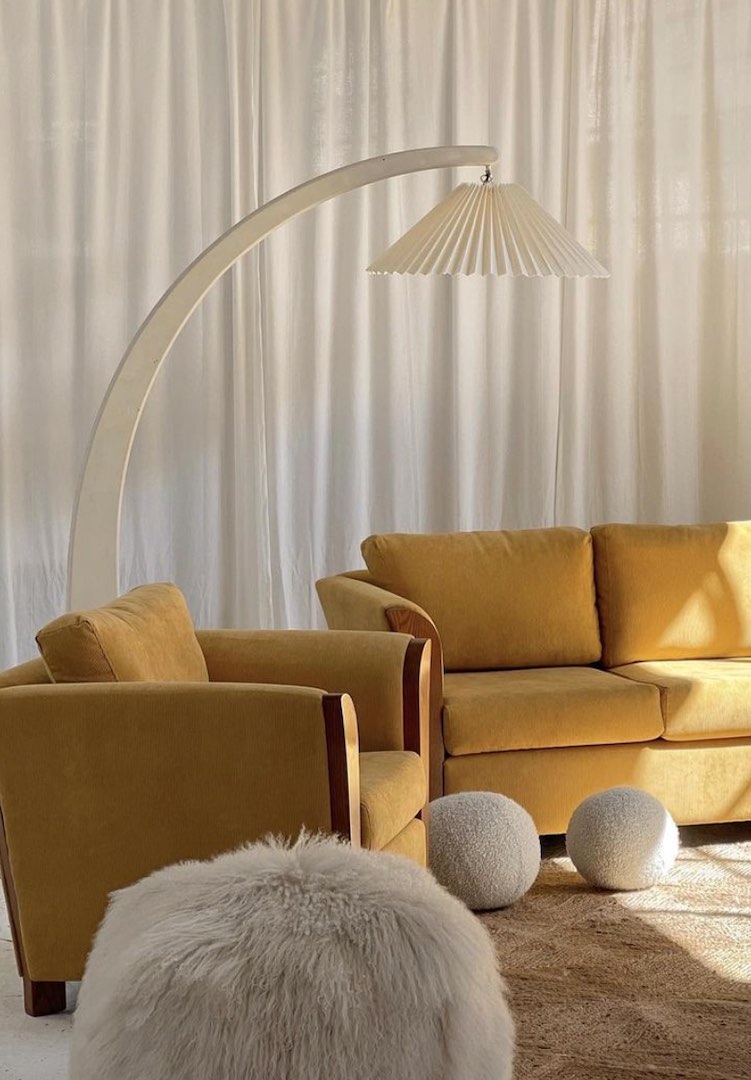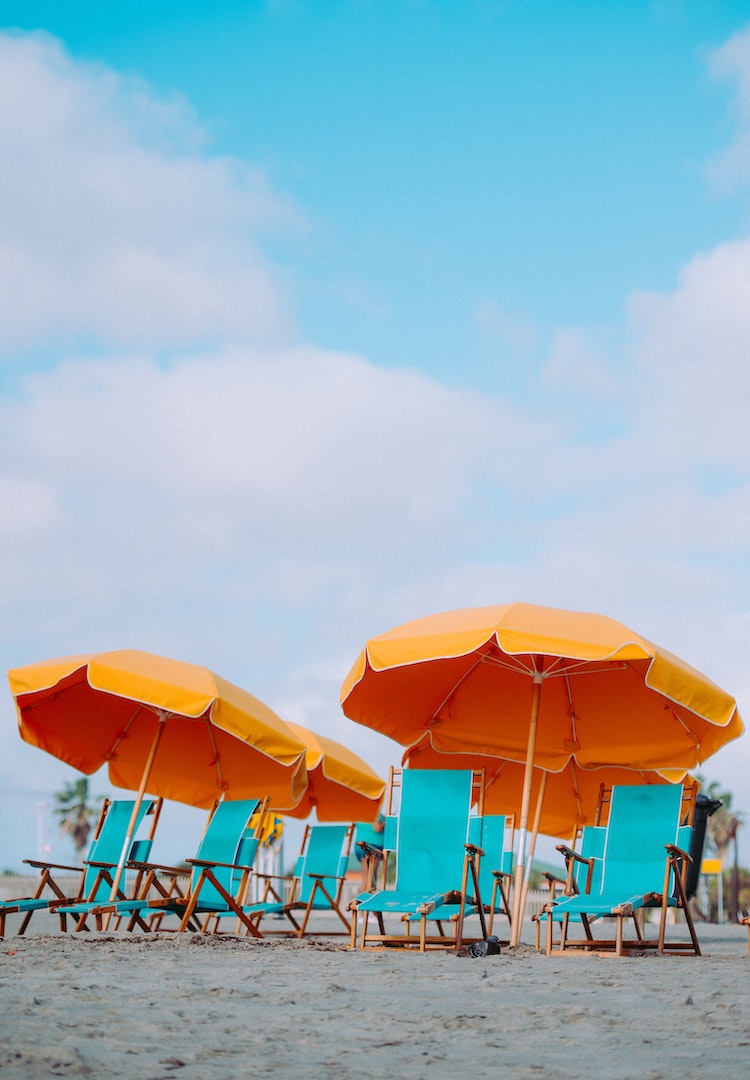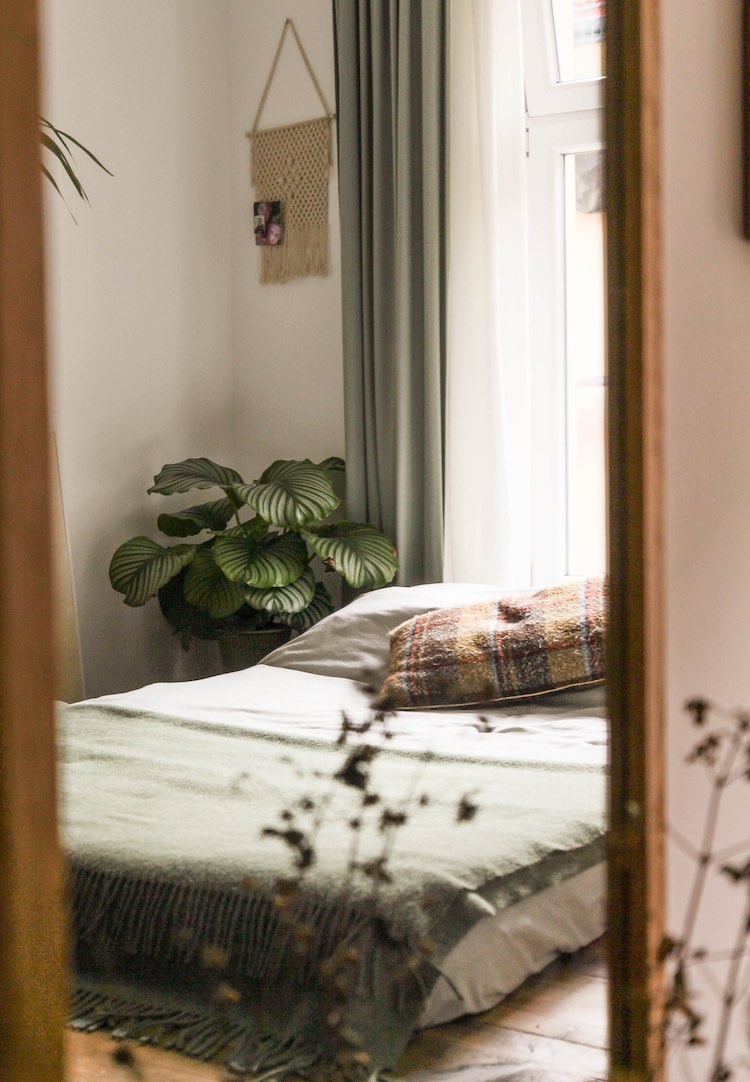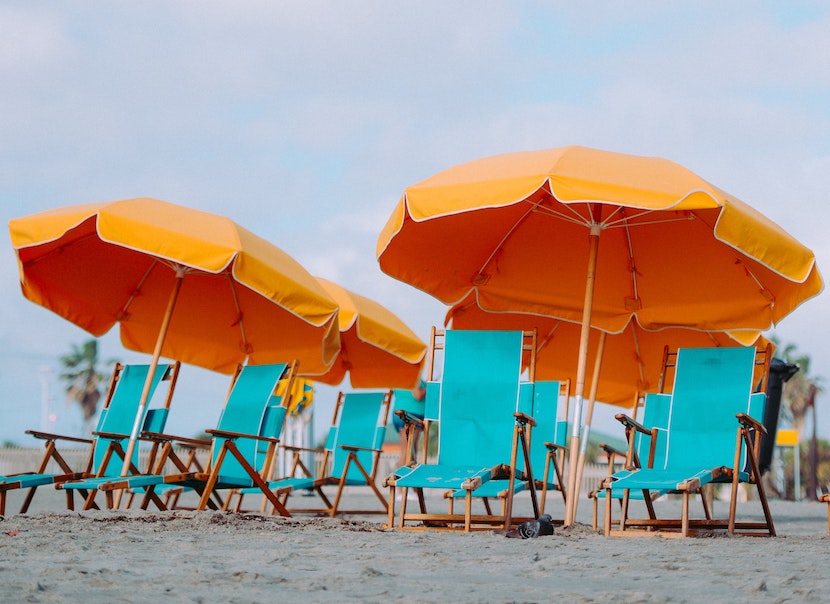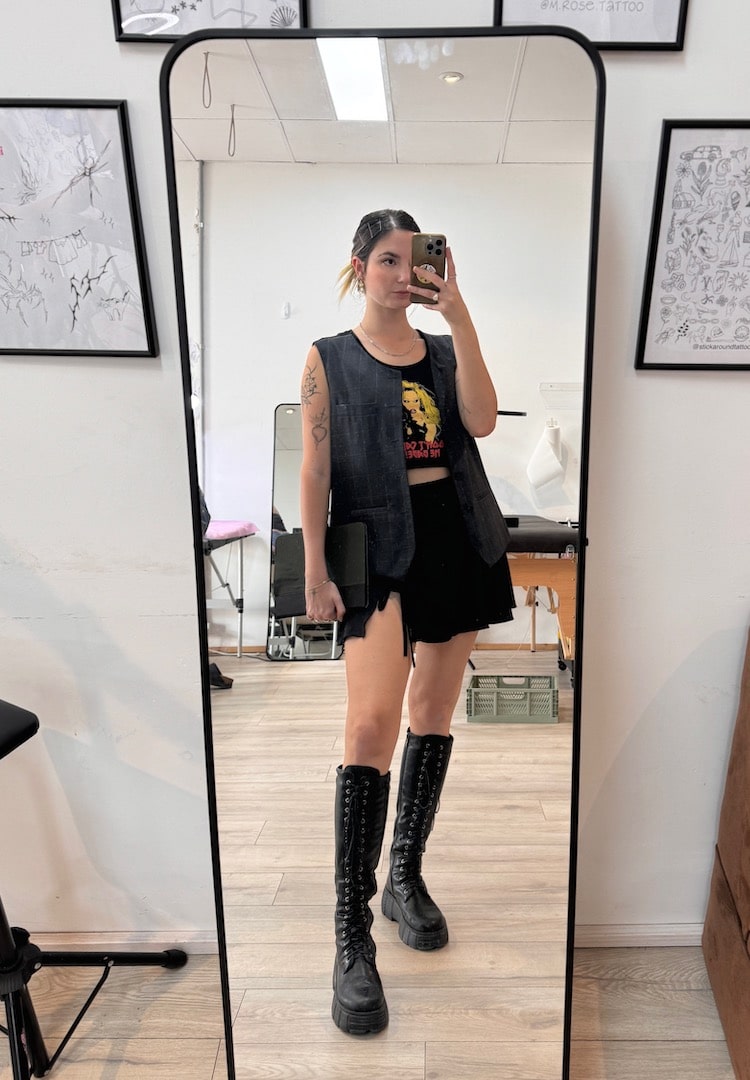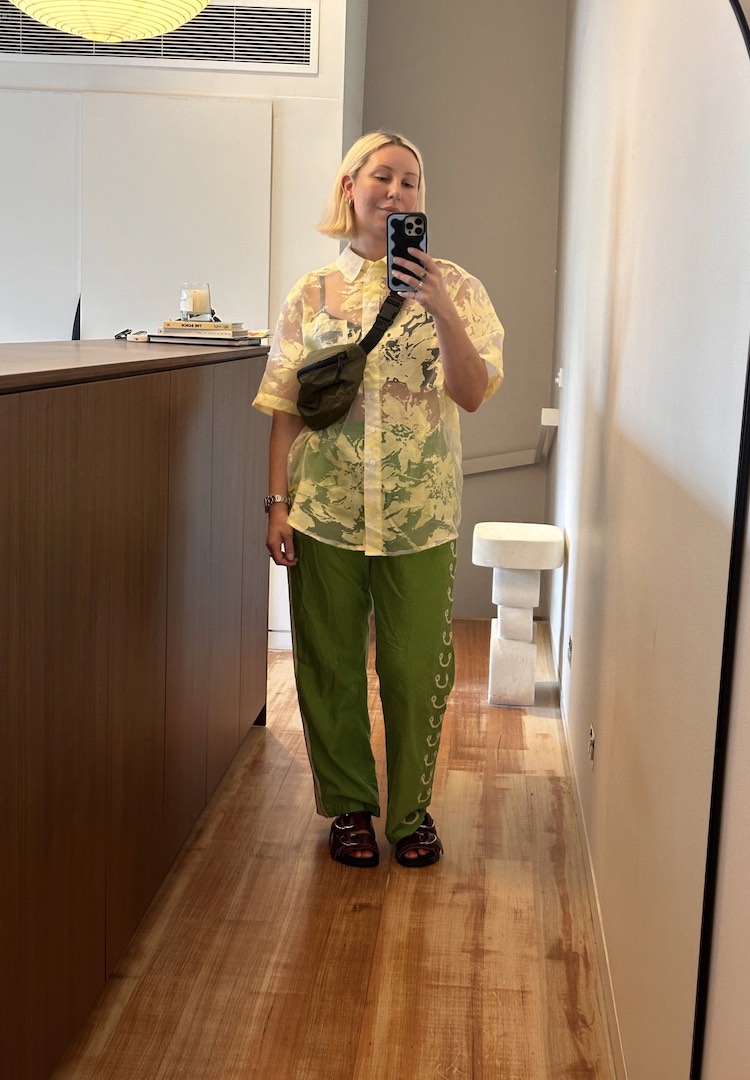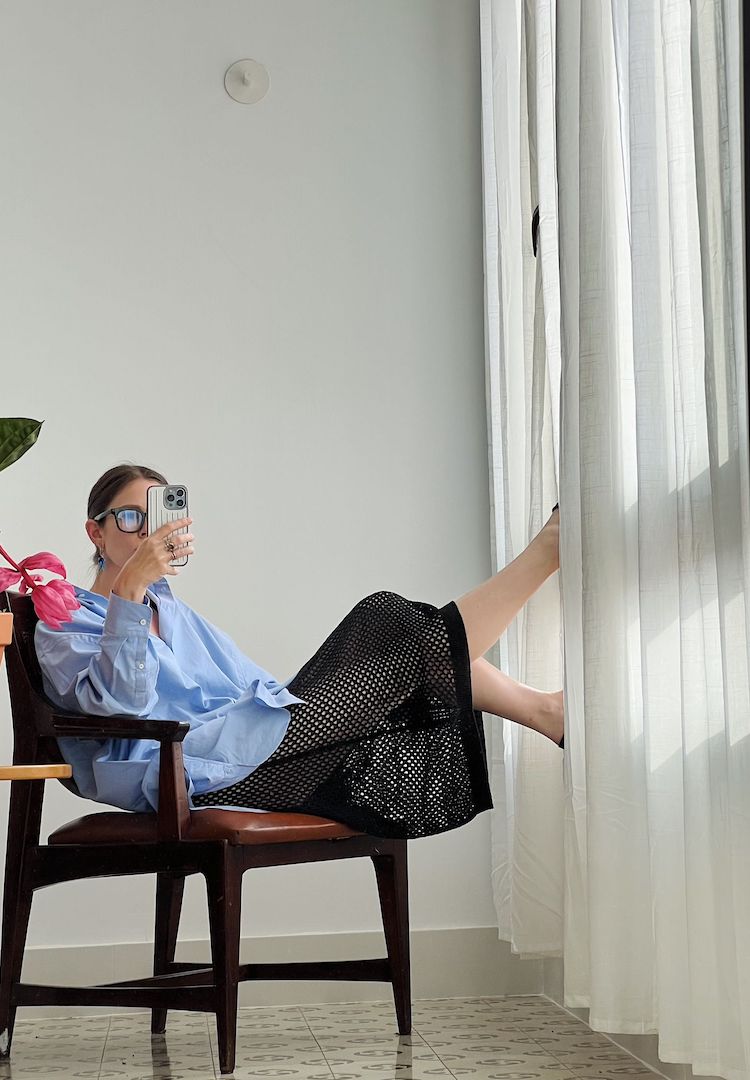Does annual leave make you more productive? I spoke with an organisational psychologist to find out
WORDS BY AUDREY DENIER
It’s time to hit pause.
It’s hard to fathom that 2021 is coming to a close; I’m still dating my diary with the year 2020 (wishful thinking?). Despite my dopey cluelessness, I can tell that it’s the end of the year because my body is running on empty.
We’ve gone through the bloody ringer this year, forced to acclimatise to unpredictable and teetering periods of isolation, overtime and stagnancy. COVID-19 has burned us to such an extent that sinking into the silky sand and listening to the lapping waves sounds like an implausible dream.
For more career-related advice, head to our Life section.
Pandemic-induced travel bans have made the concept of holidaying more complex than ever before: travel insurance, pre-flight PCR tests and vaccination certificates galore. But with overseas and domestic travel back in our realm, experts are urging us to book those N/As into the work calendar.
Annual leave (or holiday pay) allows an employee to be paid while having time off of work. Australian employees have a right to four weeks of annual leave, yet according to Expedia’s 2019 study, we are the third-worst in the world at spending time away from work. In addition to this, OECD Better Life Index discovered that Australia occupies the bottom quarter of countries for work-life balance.
We Australians are commonly celebrated for our ’lax attitude, so why are we so uptight? I spoke with Dr Amanda Ferguson, a Sydney-based organisational psychologist, to better understand how annual leave benefits our health and work environment.
“Annual leave is a good thing, a healthy thing, a positive thing. It’s a time to identify a lack in your life that you’ve covered up with your work. It can only be positive overall for individuals to take time to self-connect, self-reflect, reflect on their life, career, work, and regulate, change any habits, correct imbalances,” she says.
Accruing holidays may feel like the norm, but Dr Amanda believes that it can cause real damage. “The longer you avoid taking leave, the less likely [it is that] you recover from burnout and the higher the chance you develop a phobia to work in general. It’s a slippery slope, and once you’re sliding down that slope of burnout, then you’re really looking at major mental health problems.”
For many of us, lockdown felt like a very boring non-stop holiday (minus the new experiences). As a result, we have convinced ourselves that we owe extra hours to the office. Similar to sick day guilt, we feel pressured (both internally and externally) to work ourselves overtime in order to maintain job security and boost career progression.
Dr Amanda strongly discourages this type of thinking. “It’s being employable that gives job security, not being on top. It’s knowing that in your career, you can pivot, network and have resources you can draw on. This is a boundary process for us as individuals to park the guilt. The rational, logical response to the guilt is, ‘I didn’t have the control, I did my best, I didn’t set out to abuse the organisation or the trust’.”
One of COVID-19’s few benefits is that it’s helped humanise the workplace. Managers and leaders are grappling with a new nuanced management approach, learning how to treat their employees as individuals first and workers second. Dr Amanda says bosses can model a healthy work-life balance by spending their own annual leave. The action serves as a visual confirmation to the employee that breaks are a part of the human condition.
“A sophisticated employer knows that if they allow staff to accrue leave, they’re really risking burnout and churn. The smart organisations know an engaged employee is taking their annual leave and has a healthy work-life balance.”
While taking holiday leave is important, understanding how to maximise the break is just as crucial. You want to make sure that you’re returning to your job rested and rejuvenated. “Annual leave is a time to work on your life and your work-life balance and [decide] where to for the next year. A healthy individual knows what their hobbies are, knows what their interests are, knows who their social and family fabricate is and usually plans for that time to be fulfilling, enriching and replenishing,” she explains.
Take a break if you feel like you’re on the brink of resignation or burnout. We weren’t made to feel trapped by our careers; annual leave provides the perfect environment for introspection, confronting existential questions and re-crafting your profession.
Want more tips on how to maximise annual leave? Head here.

